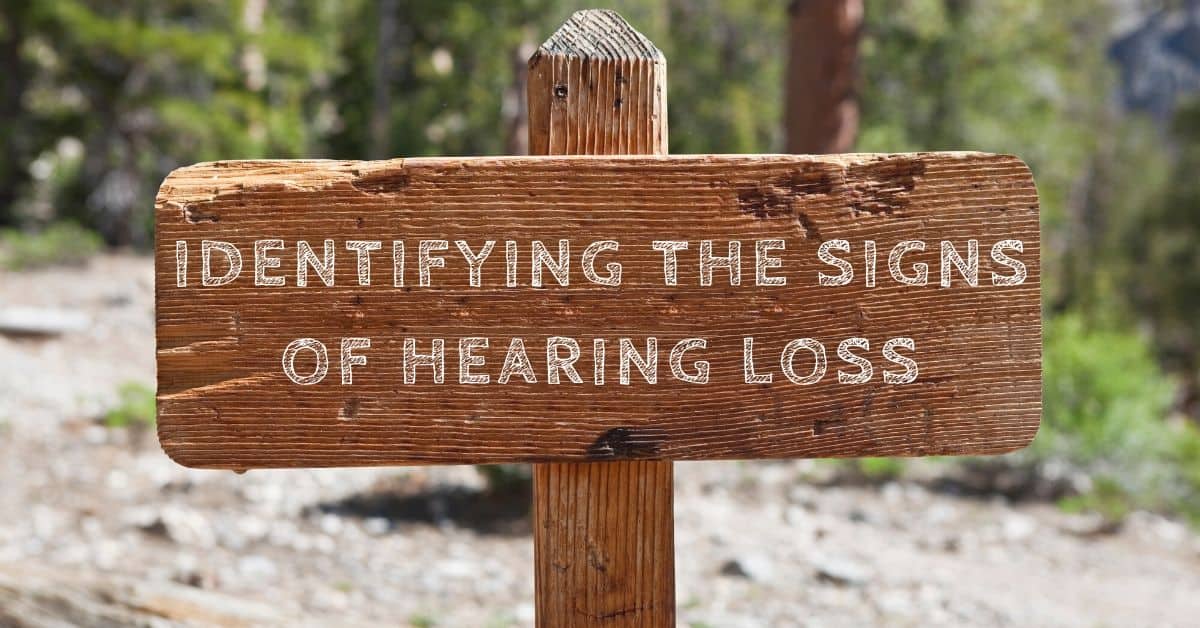Hearing loss refers to complete or partial hearing impairment. Symptoms could be mild, moderate, or severe. A patient with mild hearing impairment may have speech comprehension problems, mainly if there is a lot of noise around, while those with severe hearing impairment may need a hearing aid. In the United States, some degree of hearing loss is recorded by about 15 percent of people over the age of 18.
Sensorineural hearing loss the most widespread type we see at our practice. This type is caused by damage in the inner ear to the delicate hair cells and the nerve pathways that give sound to your brain. Around 90 percent of people living with hearing loss have this variant of hearing loss.
The loss of sensorineural hearing is typically gradual— you don’t wake up suddenly because you can’t hear. Instead, you slowly lose your listening capacity. It influences both how loud (volume) and how clearly (clarity) you interpret sound. You may also find some louder sounds to be uncomfortable listening to, especially when compared with years ago.
What are the main signs?
Some of the most common signs of hearing loss are as follows:
Everyone seems to mumble: A loss of high-frequency hearing loss makes some speech sounds difficult to distinguish.
Noisy places are annoying to be in: Restaurants are among the most challenging areas for people with untreated hearing loss to navigate. External sounds, including clinking plates, people speaking loudly at other tables, and loud music, all make understanding a conversation particularly tricky.
Social gatherings are a real hassle: People talking passionately with family and friends, music, laughter sounds like fun, but for those with hearing loss, it can be an unbearable cacophony of sound.
Listening requires effort: The tension of straining to hear what others are thinking is exhausting, mentally, and physically.
Telephone conversations are a struggle: Understanding phone conversations can be tricky as you don’t benefit from the visual cues you get with face-to-face conversations.
Hearing loss affects your relationship with family: All of a sudden, you’re arguing with family over small things like the volume level of the TV.
You have Tinnitus: This ringing in the ears is one of the first signs of hearing loss.
You often lose balance: Hearing loss can be a symptom of an underlying condition that affects your balance as well. Johns Hopkins University researchers found that even a mild degree of hearing loss tripled the likelihood of an accidental fall.
How hearing loss leads to these problems
Hearing loss interferes with the ability to hear higher-frequency voices; this could lead to isolation from their grandchildren for older Americans who are elderly and are experiencing hearing loss.
We also know that compromised hearing also has adverse effects on interpersonal relations. A feeling of frustration could arise with spouses, partners, friends, and family members when the person with hearing loss refuses to get help.
The biggest problem identified in most cases is the language and communication challenges, whether in group conversations, with many voices butting in, or within a busy bar, party, or family event. Most people who suffer hearing loss are aware of the occurrence but are reluctant to seek treatment.
At the same time, the family and friends of people with hearing loss will have realized that changes have occurred but do not wish to broach this sensitive topic. The truth, however, is that 48 million Americans (20 percent) suffer hearing loss, and advanced technology is available to treat this disorder.
What should I do if I think I have hearing loss?
The great news is that there are plenty of practical steps you can take to improve your quality of life, even with compromised hearing.
People often wait a long time before acting upon hearing loss. There’s so much proof that you can improve your life significantly with the right treatment. The first step is to make an appointment for a professional hearing evaluation, after which you can determine the best treatment method for you. Many people use hearing aids to treat their hearing loss, and they could be something you would benefit from. If they are, the sooner you start using them, the easier and faster you can adapt to them so that you stand the best chance of staying connected and prevent the social isolation all too prevalent with a loss of hearing.

